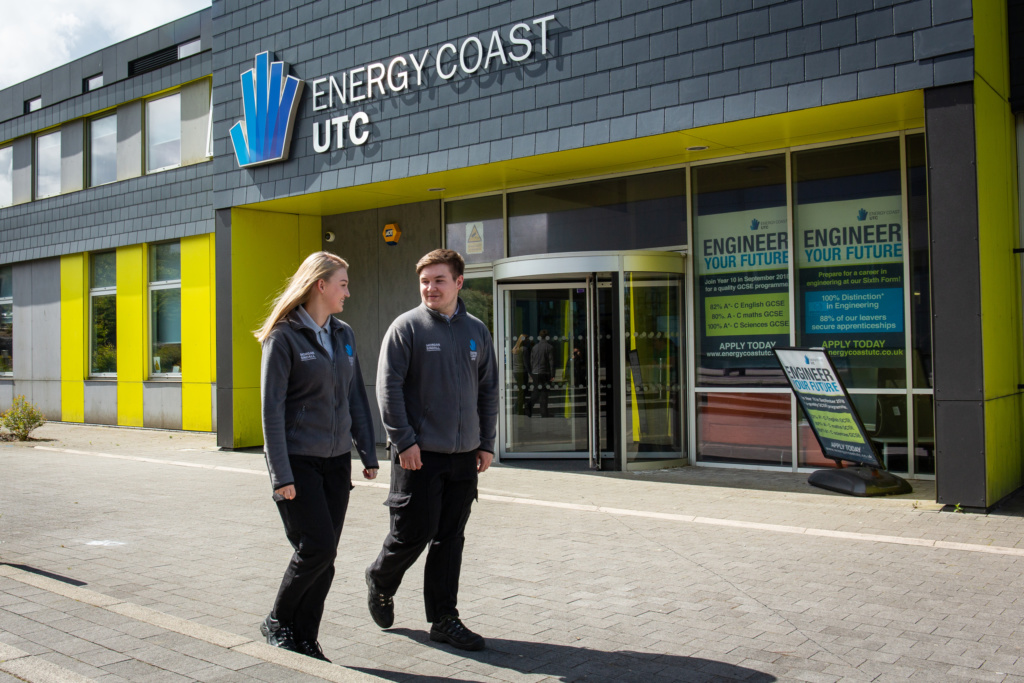
Energy Coast UTC opened in September 2014, but by the end of the first year the headteacher, the deputy head and the business manager had all resigned.
University Technical Colleges are a new style of school, quite unlike the comprehensives and academies most people are familiar with. They are career-focussed schools for 14–19 year olds where students work toward vocational qualifications and gain hands-on experience in local companies, alongside GCSEs or A levels.
There has been a slower take up of places in UTCs than anticipated. Some have run into debt and eight have closed, so it is a programme which has more than its fair share of challenges.
I had worked in many schools and was accustomed to turning things around. I could see there was the potential to raise standards at Energy Coast UTC and make it an Ofsted ‘Outstanding’ school, despite exceptionally poor exam results and an unfortunate start.
I was keen to take on another headship role after working for the Association of School and College Leaders, but knew I did not want to work in a traditional mainstream school doing EBacc. I felt this approach was not suited to the needs of many of the children I had worked with.
I didn’t become a teacher until I was in my 30s. I started off working in histopathology in Leeds, but after I had my four children I became fascinated by the learning process and how quickly children absorb knowledge and ideas, and so I decided to train as a science teacher. I have always taken an interest in the opportunities schools can offer to children who are not natural academic high fliers.
For much of my career I have been in challenging settings in the white coastal areas and big industrial towns of the north, which both have high levels of social and economic deprivation. Because of my experience, Energy Coast in Workington in West Cumbria interested me. The area is geographically remote and has very settled communities, but around 40 percent of the children are entitled to free school meals.